The Inside Scoop on the World’s Top Ten Most Successful Startup Companies
If you think that startup tech companies were successful from the outset, then think again. No business starts out all good, as they would have to hurdle several challenges before seeing some degree of a steady state. Most tech startups start with a negative cash flow because of a business loan, while some received initial funds from angel investors or venture capitalists. Listed below are ten famous companies that started from the group up. We hope that these stories will inspire you to persevere if you are planning to begin your own journey.
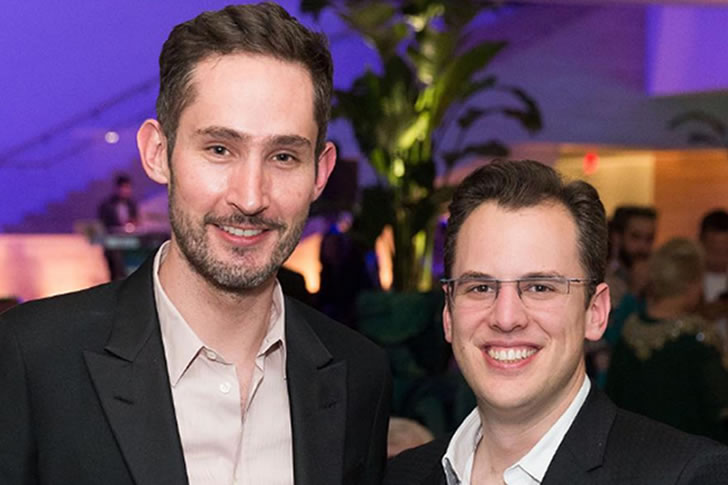
Kevin Systrom, a graduate of Stanford University and someone who worked on Google’s Gmail and corporate development, spent weeks developing a location-aware photo and note-sharing app he named Burbn. Sometime after the deployment of the app, he met an early user, Mike Krieger. The two hit it off and came up with the idea of a photo-only app, which they called Instagram. With their combined skills, they were able to code the app only in eight weeks.
Snapchat
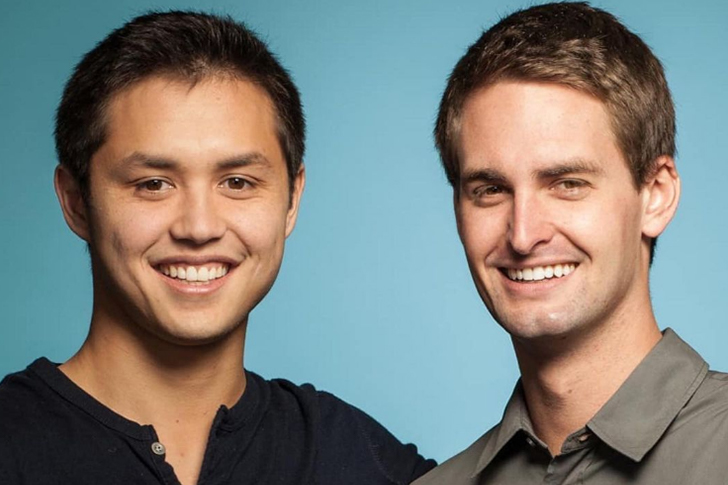
Three friends were chatting, Evan Spiegel, and Bobby Murphy and Reggie Brown, when the last blurted out that he wished that photo he would be sending a girl he liked would disappear. They
thought it was a million-dollar idea and came up with Picaboo. Later on, Brown had a clash with the two other founders who asked him to leave and that gave birth to the company that has earned $2.5 billion in 2020. The two showed not just entrepreneurial skills but good money management skills for growing the company in record time.
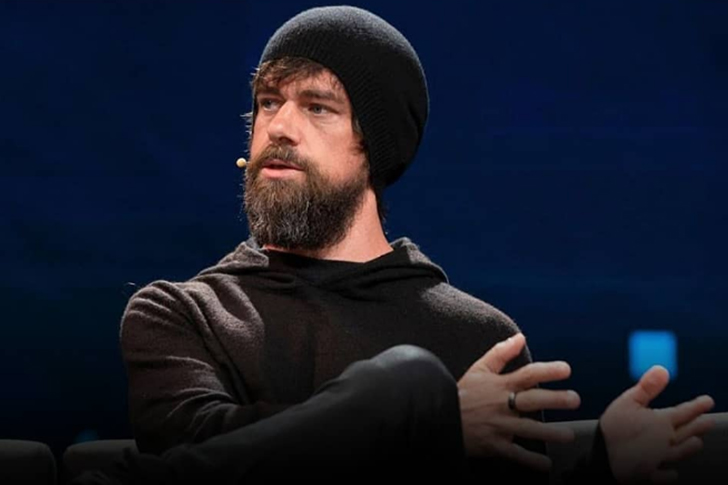
In 2006, the world was still into sending SMS from their phones, which at that time had a 160- character limit. During a brainstorming session held by board members of the company Odeo, Jack Dorsey, an undergraduate obtaining a degree from the University of New York, broached the idea of users sending SMS-type messages to communities over the web. By 2012, it had over 100 million users and over 187 million users today.
Angry Birds
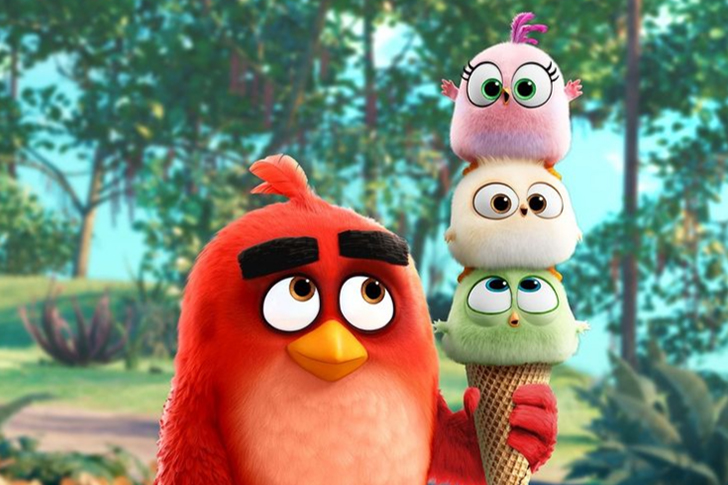
With over 200 million users at the peak of its popularity, Angry Birds became a mainstream video game. The game developers had to fail 51 times to come up with the game. While no single individual is given credit for coming up with the Angry Birds idea, the Rovio team worked hard to code it and later make it compatible with Facebook to broaden the game’s reach.
Airbnb

Bed and breakfast hotels had been in existence for the longest time, but the idea of providing rental services without actually owning a hotel was novel. Three guys, who were unable to afford the rent on their apartment, much less pay the mortgage for their own house, decided they would lease out three airbeds in their living room and cook them breakfast. The concept clicked, and so they asked the help of a developer to create a website for them and join the venture.
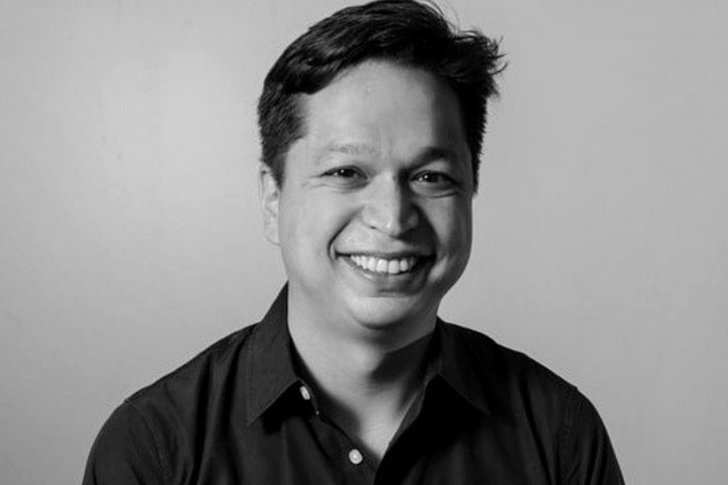
Ben Silbermann was supposed to be a doctor, just like his parents, but he did not follow that career path. Instead, he worked for Google as a consultant and made an app that flopped. He did not give up though, and came up with another idea. In 2009, he enlisted the help of Paul Sciara and Evan Sharp in developing a website that would allow users to show collections of the things they like and are interested in using a pin-board format. This became Pinterest.
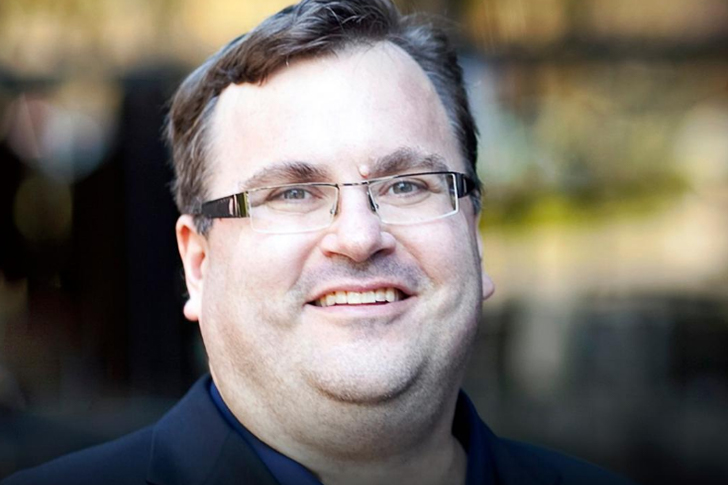
Nowadays, when looking for social connections, a person would go to Facebook, but when trying to get business connections, they would go to LinkedIn. Credit is given to Reid Hoffman, who came up with the idea in 2012. He recruited his old colleagues and worked on their profiles, and created the website. The signups were slow at first, but they got dynamic enough to attract Sequoia Capital to invest.
Uber
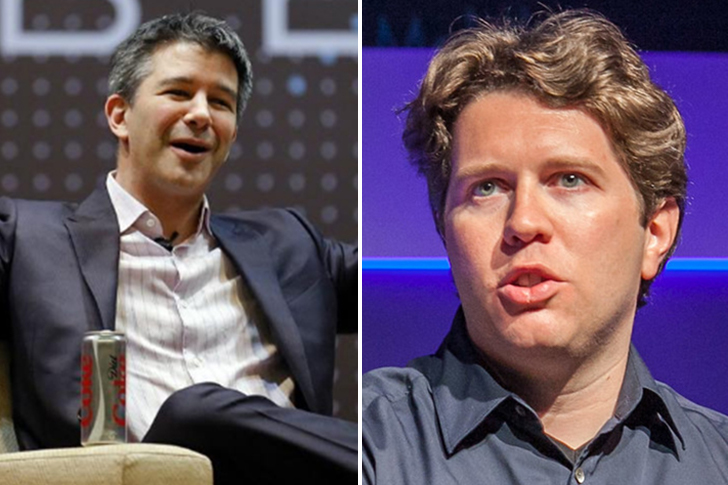
Finding a cab in a busy city is indeed frustrating. This problem needed a solution, and that is what Travis Kalanick and Garrett Camp came up with when faced with that exact issue after a conference in Paris. The two then worked on developing the idea, the business model and the app.
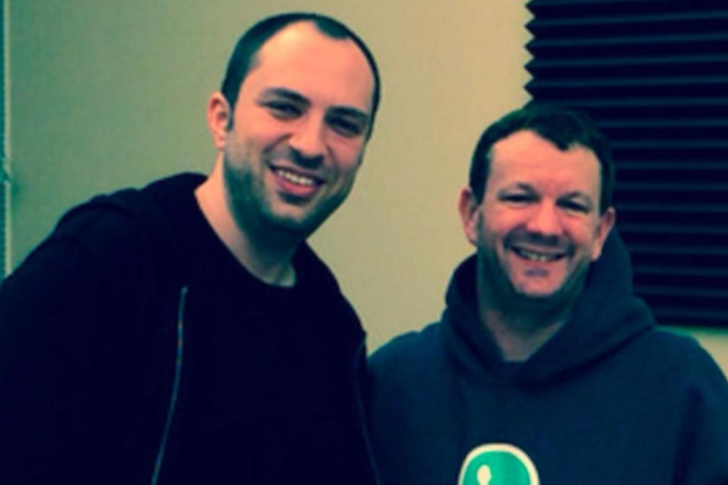
While ads are the lifeblood of online and tech businesses, this is usually frowned upon by the users of the services. Such was the experience of two tech gurus, Jan Koum and Brian Acton. They got tired of seeing so many ads on the various websites. They resigned from Yahoo and tried and failed to work at Facebook. This failure, however, pushed them to develop an ads-free WhatsApp in 2009. Five years later, Facebook dropped $16 billion in investment money to acquire WhatsApp.
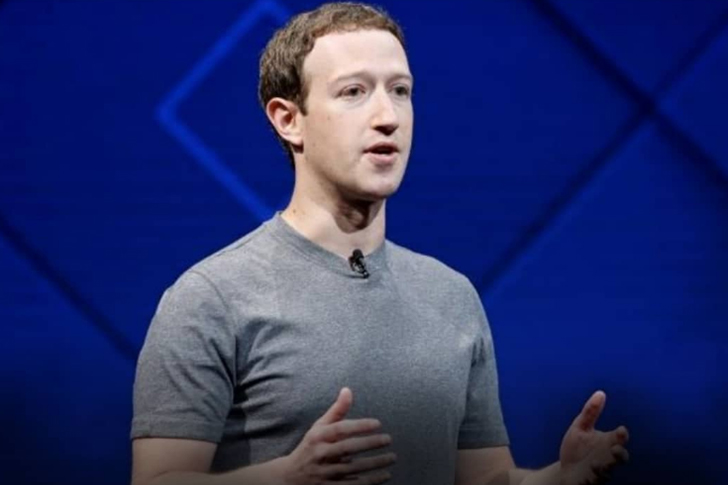
Lastly, Facebook was conceived by a group of friends led by Mark Zuckerberg in Harvard. It was launched on-campus first, but it was expanded to other universities and ultimately the rest of the world when it became popular. The first investment came from Peter Thiel, co-founder of PayPal. Now it has a market capitalization of $865 billion, almost at the trillion-dollar mark.

Recent Comments